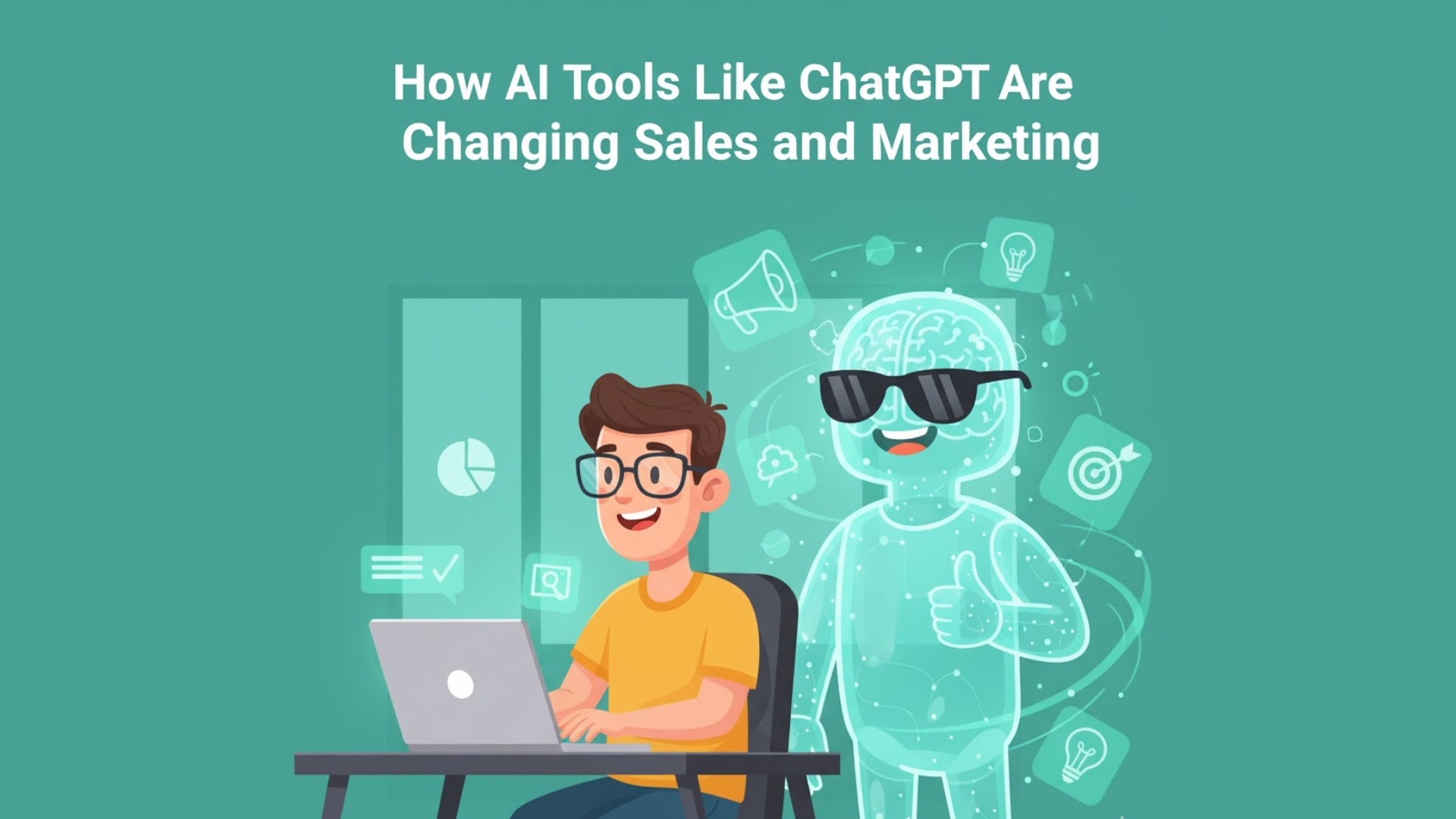

When a state university network with 40+ colleges needs a new learning management system, they don't just click 'buy now' on a website. They issue formal RFPs, form evaluation committees, and navigate months of compliance checks. This is institutional sales - a world where million-dollar deals require patience, precision, and deep organizational understanding.
Whether you’re presenting your sales pitch to a university board, submitting a tender to a government agency, or negotiating with a hospital chain, institutional sales demands a deep understanding of organizational behavior, compliance frameworks, and long-term relationship building.
Let’s explore institutional sales in detail, shall we?
What is institutional sales?
Example: An edtech company, XYZ solutions, sold its learning management platform to a state-run university network with 40+ affiliated colleges. The deal was secured through a government RFP, requiring compliance documents, demo presentations, and approval from academic and finance committees.
To win the contract, the company offered faculty training, phased implementation, and flexible payment terms. The sale was finalized after months of negotiation and the platform is now used across the university system with ongoing support.
Institutional sales vs retail sales
What responsibilities are involved in institutional sales?
Handling bulk and contract based sales
Sales teams must structure high-value deals that involve bulk orders, long-term service contracts, and negotiated pricing terms tailored to institutional budgets.
Bidding and tender participation
Sales teams regularly identify and respond to tenders or RFPs and ensure that all documentation is complete and compliant with procurement norms.
Key account management
Institutional customers require ongoing engagement which means managing relationships with multiple stakeholders and ensuring service consistency over time.
Regulatory and compliance adherence
Sales teams must ensure that all offerings meet sector-specific regulations especially in industries like healthcare, finance etc.
Custom solution development
Sales teams work closely with product or service teams to tailor offerings that meet the specific operational, legal, or budgetary needs of the institution.
Internal cross functional coordination
Institutional sales involves coordinating with legal, finance, logistics, and tech teams to ensure smooth execution from proposal to delivery.
Psychology of institutional buyers
Understanding the mindset of institutional buyers is crucial for sales professionals aiming to navigate complex deals and build lasting relationships. Let’s take a closer look at how they think.
Risk aversion over innovation
Institutional buyers prioritize stability over experimentation. Even if a new solution promises innovation, they’ll favor vendors with a proven track record, regulatory compliance, and post-sale support.
Committee based decision making
Purchasing decisions rarely rest with a single individual. Committees comprising finance, operations, legal, and end-users evaluate proposals, making consensus-building and multi-stakeholder alignment vital.
Focus on long term value
Price matters but what truly drives decisions is long-term value. Buyers look for solutions that reduce operational friction, lower costs over time, and deliver measurable impact across multiple cycles.
Reputation sensitivity
Institutions, especially in healthcare, education, and government, are highly conscious of their public image. They prefer partners who are ethical, reliable, and aligned with their mission because any misstep reflects back on them.
What constitutes success in institutional sales?
Deal size
The value of each contract is a key indicator of success, especially in institutional sales where large, bundled solutions are common. Bigger deal sizes often reflect strategic engagement and trust.
Contract length
Long term contracts (e.g., 2-5 years) are a sign of sustained value and customer confidence. Longer durations reduce churn risk and stabilize revenue.
Retention rate
Repeat business from institutions is a strong mark of success. High retention shows that your product or service continues to meet expectations beyond the initial implementation.
Win rates on tenders or RFPs
Tracking how many tenders or proposals convert into deals helps evaluate the effectiveness of your bidding, documentation, and stakeholder engagement strategies.
Time to close
Monitoring the average time it takes to close a deal helps in forecasting and identifying process bottlenecks. While cycles are long, shorter-than-average close times may signal a well-optimized approach.
What tools do you need for institutional sales?
CRM software
CRMs help manage multi-level contacts, track sales stages, set reminders, and capture detailed interactions across long institutional sales cycles.
Example: Superleap, Salesforce
Document management system
These tools organize and store critical documents like proposals, contracts, compliance forms, and tender responses with access controls and version tracking.
Example: Google workspace, dropbox
Tender aggregator platforms
These platforms notify sales teams of new tenders or RFPs across industries and geographies, allowing timely access to high-value institutional opportunities.
Example: Tender247, TendersInfo
Proposal and quotation tools
These platforms allow teams to quickly create customized proposals with pre-approved pricing, product specifications, and terms, reducing manual errors.
Example: PandaDoc, Proposify
Project management software
This software is used to coordinate efforts across internal teams such as legal, finance, and logistics for smooth pre-sales and post-sale execution.
Example: Asana, Trello
ERP integration systems
Enterprise software connects the sales team with inventory, finance, and procurement systems to ensure accurate billing and order fulfillment.
Example: SAP, Tally
Compliance and audit tools
These tools ensure that all sales documentation and processes align with legal and regulatory standards, reducing risks during audits or government contracts.
Example: AuditBoard, VComply
What challenges do sales professionals face?
Rigid procurement and tender processes
Institutional buyers follow strict procurement rules and documentation protocols.
Solution: Build a repository of ready-to-use documents (like compliance certificates, tax forms, and eligibility proofs) and assign someone to stay updated on procurement norms and deadlines.
Intense competition in bidding
Tenders often attract multiple bidders, leading to price undercutting and commoditization.
Solution: Highlight your differentiators beyond price such as faster delivery, local support, better warranties, or integration capabilities.
Internal alignment issues
Delays can happen due to poor coordination between your sales, legal, logistics, and finance teams.
Solution: Use project management tools to track tasks internally. Hold weekly sync-ups during critical stages and ensure all departments understand the customer’s timeline.
High post sale expectations
Customers may expect installation, training, documentation, and ongoing support post-sale.
Solution: Set clear post-sale deliverables in the agreement. Assign a dedicated account manager or customer success lead to handle onboarding and ensure timely support.
Heading text
Nunc sed faucibus bibendum feugiat sed interdum. Ipsum egestas condimentum mi massa. In tincidunt pharetra consectetur sed duis facilisis metus. Etiam egestas in nec sed et. Quis lobortis at sit dictum eget nibh tortor commodo cursus.
Odio felis sagittis, morbi feugiat tortor vitae feugiat fusce aliquet. Nam elementum urna nisi aliquet erat dolor enim. Ornare id morbi eget ipsum. Aliquam senectus neque ut id eget consectetur dictum. Donec posuere pharetra odio consequat scelerisque et, nunc tortor.
Nulla adipiscing erat a erat. Condimentum lorem posuere gravida enim posuere cursus diam.
.svg)





.jpg)
